This film was inspired by the fabled showdown between Bruce Lee and Wong Jack Man.
I was only vaguely familiar with the story; and only as told from the perspective of Lee and his legions of devoted fans. But there is controversy surrounding not only the outcome of the fight; but why it took place.
If you’ve seen Bruce Lee biopics before this, you’ve seen Lee’s victory over Man depicted. In Dragon: The Bruce Lee Story, the showdown occurred because the Old Guard of Kung Fu demanded Lee endure trial-by-combat, for the crime of teaching their ancient secrets to non-Chinese.
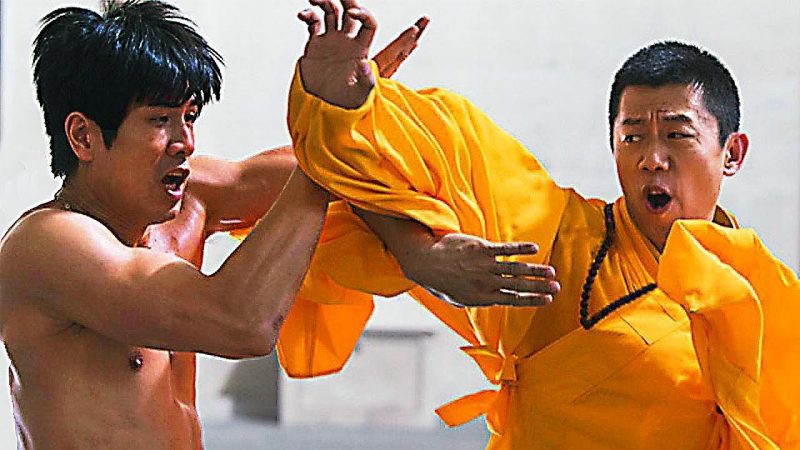
Pretty heroic narrative. The stuff of legends.
This film, however, tells the story from an entirely different perspective:
Wong Jack Man was not sent to San Francisco to spy on Bruce Lee, to punish or kill him. Although he was reluctant to share Kung Fu with non-Chinese, it wasn’t his motive for coming to the USA. Rather, he came to work as a dishwasher as a form of pennance, while ostracized from his Shaulin monastery for badly injuring a Tai-Chi master during a demonstration that was not supposed to be full-contact. Washing dishes will put his pride in check and help him restore internal balance.
Bruce Lee fans probably hate this movie, because (although he has some likable qualities, including his fighting skills) he’s an egomaniacal bully blinded by his own ambition. He delights in publicly humiliating others, and it is he who tries to goad Wong Jack Man into a fight. The prideful, childish side of alpha male behavior is portrayed accurately in this regard. Nobody knows for sure how the real life events played out, because there are few witnesses, and those witnesses tell contradictory versions of the story. However, this version does have the ring of truth to it. Certainly it’s not 100% accurate; but it strikes me as more plausible than the more popular Bruce Lee hero myth.
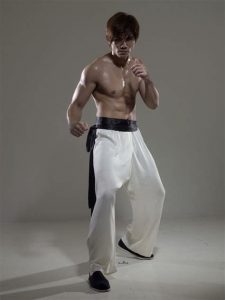 The acting is good–especially Xu Xia as Wong Jack Man. Philip Wan-Lung Ng has a physique much like Bruce Lee, and has mastered Lee’s poses, gestures, and movement. This was displayed best when fighting or sparring, when he would dance around his opponent (in western boxing this is called “the bicycle”–Bruce Lee’s bicycle was distinct and rather flamboyant).
The acting is good–especially Xu Xia as Wong Jack Man. Philip Wan-Lung Ng has a physique much like Bruce Lee, and has mastered Lee’s poses, gestures, and movement. This was displayed best when fighting or sparring, when he would dance around his opponent (in western boxing this is called “the bicycle”–Bruce Lee’s bicycle was distinct and rather flamboyant).
What eventually persuades Man to fight Lee is a sub-plot concerning an American Kung Fu student trying to rescue a Chinese babe (Jingjing Qu) from indentured Servitude to a Chinatown mob boss. Perhaps the premise is too fairy-tale, but the part of Steve “Mac” McKee (Billy Magnuson) was written and performed adequately. I appreciate that they didn’t make this fictional character the stereotype “arrogant racist American who had to be taught a lesson before he could believe in equality” yada yada yada. He’s a very likable character, with his own ego in check (if not his emotions); a teachable student who respects both Bruce Lee and Wong Jack Man.
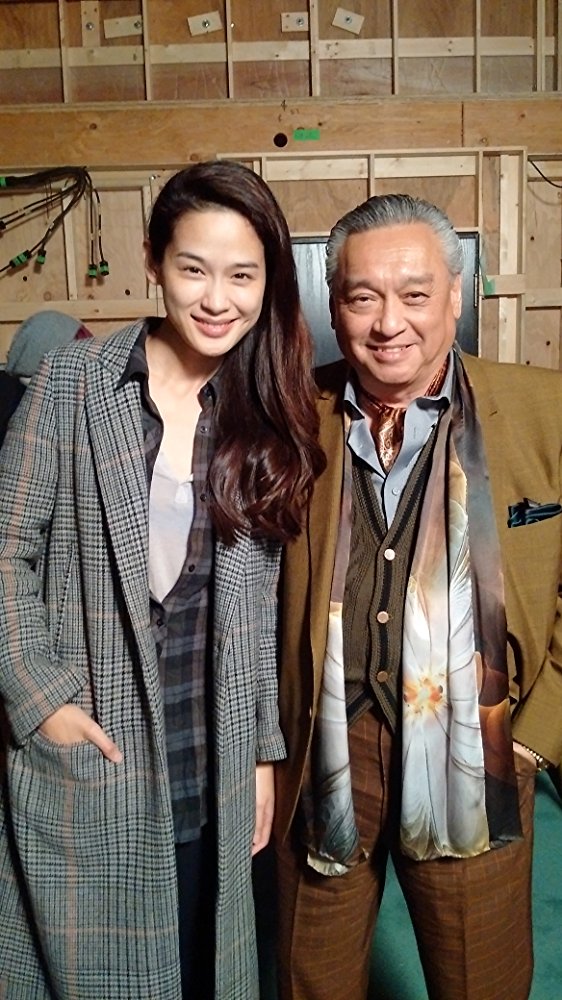
We know that in real life, after the fight with Man, Lee abandoned traditional Wing Chun and went on to develop Jeet Kun Do. In the film we see a more extensive turning point for Lee–that he has actually learned some humility by the end. Not to sound like the message in a fortune cookie, but this film version of Lee is closer to bringing his inner self “into balance” before the final credits.
The older I get, the harder it is to sit through the old Hong Kong martial arts flicks, pioneered by Bruce Lee. The Hollywood-produced Enter the Dragon is watchable, but still a little on the cheesy schlock side of B-movie-dom. The production values of this movie are miles higher than those old exploitation quickies. Mainstream critics (pompous SJWs who get paid to spout off their opinions) have panned this film, but I assure you it’s both written better and more exciting than any Star Wars flick made within the last couple decades.
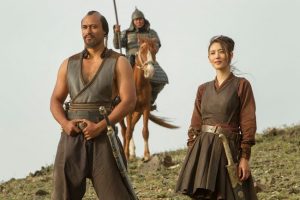 The sad fact is, that assumption may prove correct.
The sad fact is, that assumption may prove correct.
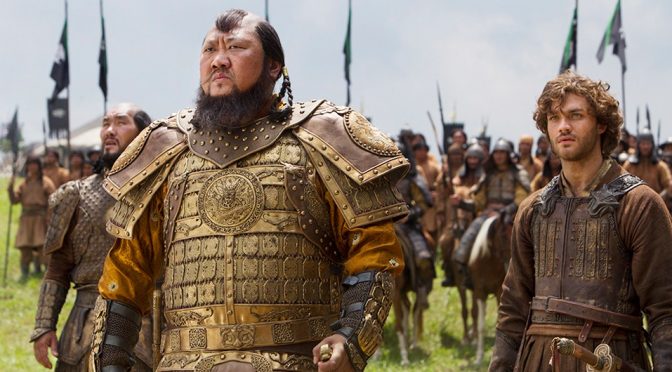
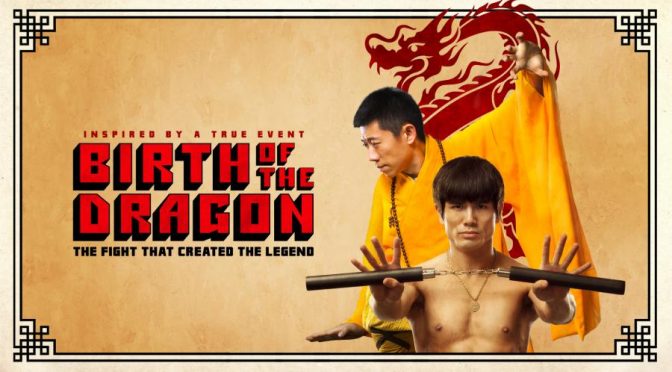

 The acting is good–especially Xu Xia as Wong Jack Man. Philip Wan-Lung Ng has a physique much like Bruce Lee, and has mastered Lee’s poses, gestures, and movement. This was displayed best when fighting or sparring, when he would dance around his opponent (in western boxing this is called “the bicycle”–Bruce Lee’s bicycle was distinct and rather flamboyant).
The acting is good–especially Xu Xia as Wong Jack Man. Philip Wan-Lung Ng has a physique much like Bruce Lee, and has mastered Lee’s poses, gestures, and movement. This was displayed best when fighting or sparring, when he would dance around his opponent (in western boxing this is called “the bicycle”–Bruce Lee’s bicycle was distinct and rather flamboyant).